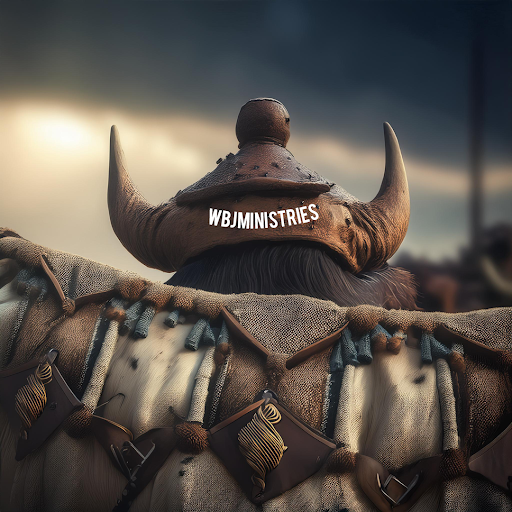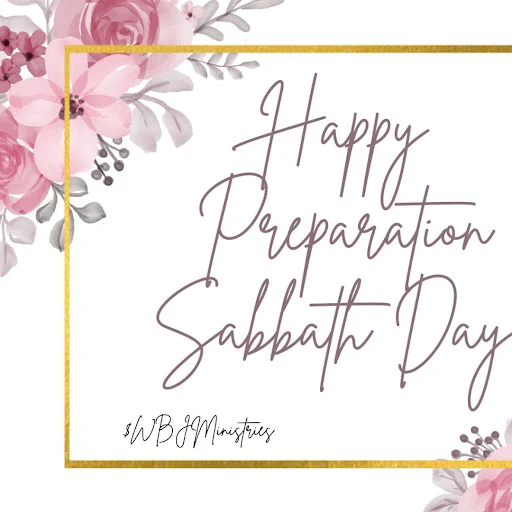Life is a journey filled with challenges, both external and internal. The struggles we face often come not just from the outside world but from within us.
These internal battles, the ones we fight against our fears, doubts, and temptations, are what truly define us. In many traditions, these challenges are personified as demons—dark forces that seek to derail us from our path.
In this metaphorical sense, Satan represents the ultimate adversary—the embodiment of all that seeks to pull us away from our true potential. He is the voice of doubt that whispers in our ears when we’re about to take a bold step forward.
He’s the fear that paralyzes us when we stand on the brink of greatness. But just as Satan is a symbol of opposition, he is also a symbol of what can be overcome. To conquer our demons, we must first recognize them.
These demons might take many forms: the fear of failure, the lure of comfort and complacency, or the anger that consumes us. They may try to seduce us with the promise of an easier path or convince us that we are not strong enough to continue. But every time we resist.
Every time we choose the harder right over the easier wrong, we weaken their grip on us. Writing about Satan and his demons in a motivational context is quite challenging, as these figures are traditionally associated with negativity, temptation, and evil in many religious and cultural narratives.
We can approach this topic from a metaphorical or allegorical perspective, focusing on overcoming inner demons, resisting temptation, and striving for personal growth despite challenges. In theology, Satan and his demons are often depicted as employing various schemes or tactics to deceive, tempt, and lead people away from Elohim. Here are some examples:
1. **Deception**: Satan is often described as a deceiver, twisting the truth or presenting lies in a way that seems appealing or convincing. For example, in the Garden of Eden, he deceived Eve by questioning Yahusha's command and suggesting that disobedience would lead to enlightenment (Genesis 3:1-5).
2. **Temptation**: Satan and his demons are believed to tempt individuals to sin. This can take the form of luring people into actions or thoughts that are contrary to Elohim's will, such as greed, lust, pride, or hatred. Jesus himself was tempted by Satan in the wilderness, but he resisted by quoting Scripture (Matthew 4:1-11).
3. **Accusation**: In the Bible, Satan is sometimes referred to as "the accuser" (Revelation 12:10). This refers to his role in accusing believers of their sins, attempting to make them feel unworthy of Elohim's love and forgiveness. This can lead to feelings of guilt, shame, and despair.
4. **Distraction**: One of Satan's subtle tactics is to distract people from their faith or spiritual growth. This can happen through busyness, materialism, or focusing excessively on worldly concerns, leading people to neglect their relationship with Elohim.
5. **Division**: Satan and his demons are often seen as working to sow discord and division, whether in families, communities, or congregations. This can lead to conflict, strife, and a weakening of unity and love among believers.
6. **Counterfeit Miracles and False Teachings**: The Bible warns that Satan can appear as an "angel of light" (2 Corinthians 11:14), meaning that he can present false teachings, heresies, or counterfeit miracles that appear good or true but ultimately lead people away from the true faith.
7. **Oppression and Possession**: In some cases, demons are believed to oppress or even possess individuals, leading to spiritual, mental, or physical harm. This can manifest in various ways, such as deep-seated spiritual torment or destructive behaviors.
These schemes are seen as part of a broader spiritual warfare, where believers are encouraged to stay vigilant, grounded in their faith, and protected by the "armor of Elohim" (Ephesians 6:10-18) to resist such tactics.
The Power of Perseverance in the face of adversity, perseverance is your greatest weapon. The demons you face may be strong, but they are not invincible. With each step forward, no matter how small, you weaken their hold on you.
Perseverance means continuing to move forward even when the path is dark and the obstacles seem insurmountable. Remember, every great achievement in history was accomplished by someone who refused to give up, even when the odds were against them.
The same can be true for you. When you feel like giving up, remind yourself why you started. Focus on the end goal and the satisfaction that comes from knowing you didn’t let anything stop you.
I want to inspire you to recognize and overcome the obstacles within yourself. The metaphors of Satan and demons are used to represent the internal struggles that everyone faces and the power we have to overcome them.
Healthcare Reform Universal Access
Equitable Funding: Increasing funding for public schools, particularly in underserved areas, can help reduce educational disparities and improve outcomes for all students.
Lifelong Learning: Encouraging lifelong learning and providing opportunities for reskilling and upskilling can help workers adapt to a rapidly changing economy.
Income Equality and Economic Opportunities
Progressive Taxation: Implementing a more progressive tax system can help reduce income inequality and fund essential social services.
Affordable HousingHousing Assistance:
Expanding housing assistance programs and increasing the supply of affordable housing can help reduce homelessness and ensure that everyone has a safe place to live.
Social Justice and EqualityCriminal Justice Reform:
Reforming the criminal justice system to address mass incarceration, racial disparities, and police accountability is essential for a more just society.
Clean Water and Air:
Ensuring access to clean water and air through stronger environmental regulations and infrastructure investment can improve health outcomes and quality of life.
Green Jobs:
Investing in green jobs and technologies can create new economic opportunities while addressing environmental challenges.
Flexible Work Arrangements:
Encouraging employers to offer flexible work arrangements, including remote work options, can help workers balance their personal and professional lives.
Improving the quality of life in America requires a multifaceted approach that addresses both economic and social factors. By focusing on these key areas, the U.S. can create a society where everyone has the opportunity to thrive, regardless of their background or circumstances.
Collaboration between government, businesses, communities, and individuals will be essential to achieve these goals and ensure a better future for all Americans.
wbjministry100.wixsite.com/wbjministries





























